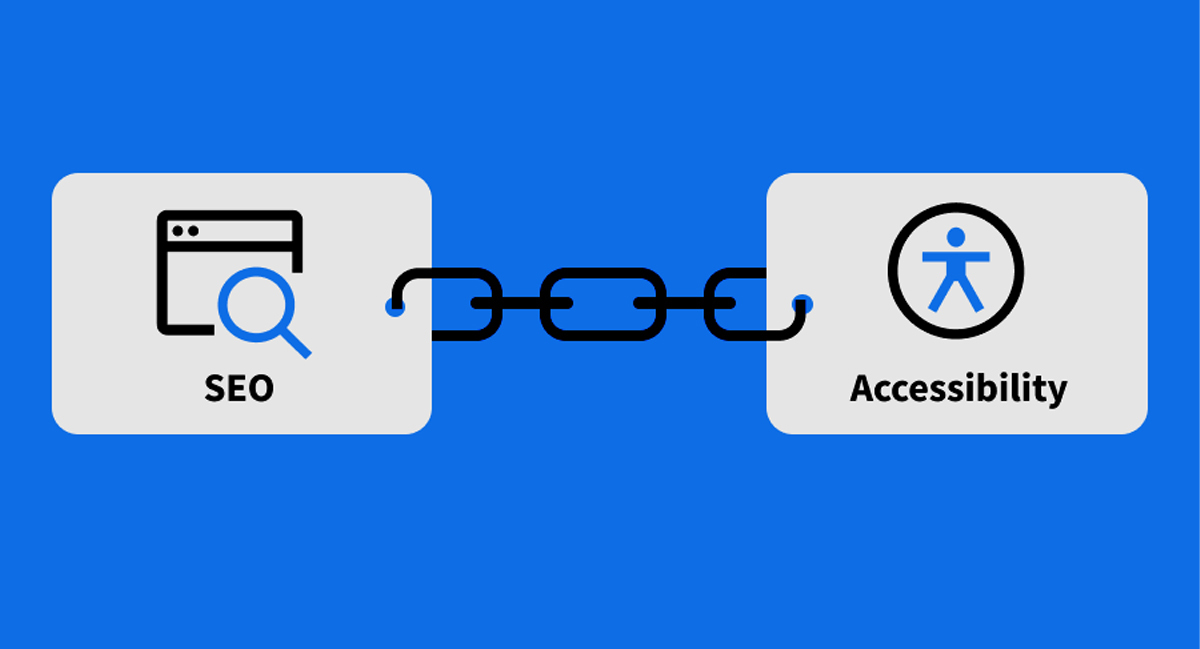WCAG 2.2 Compliance – Complete Guide to Web Accessibility

Why WCAG 2.2 Matters More Than Ever
Web accessibility isn't just a checkbox, it’s a necessity. With over 1 billion people worldwide living with disabilities, ensuring your digital platforms are inclusive is both a moral responsibility and a legal requirement. That’s where WCAG 2.2 (Web Content Accessibility Guidelines) steps in.
Whether you're a developer, designer, content manager, or business owner, understanding these accessibility standards is key to achieving web compliance. In this blog, you’ll discover:
- What WCAG 2.2 is and why it was introduced
- What’s new in WCAG 2.2 (compared to 2.1)
- How these updates impact your digital content
- A simple checklist for ensuring compliance
- Real-world use cases and next steps
What is WCAG 2.2?
The Web Content Accessibility Guidelines (WCAG) are a series of standards developed by the W3C's Web Accessibility Initiative (WAI). They help make web content more accessible to people with:
- Visual impairments
- Cognitive limitations
- Physical disabilities
- Motor challenges
WCAG 2.2, published in October 2023, builds on WCAG 2.1 and introduces new success criteria focused on mobile usability, cognitive accessibility, and enhanced navigation.
WCAG 2.2 is backward compatible, meaning any website compliant with 2.2 also meets 2.1 and 2.0 standards.
WCAG 2.2 vs 2.1: What's New?
Here’s a snapshot of the key guideline updates in WCAG 2.2:
| Success Criterion | Level | Description |
| Focus Not Obscured (Minimum) | AA | Ensures keyboard focus indicators are visible |
| Focus Not Obscured (Enhanced) | AAA | Makes all focus indicators fully visible |
| Dragging Movements | AA | Provides alternatives to dragging gestures |
| Target Size (Minimum) | AA | Interactive elements must be at least 24x24px |
| Consistent Help | A | Help mechanisms should be consistently available |
| Redundant Entry | A | Avoids asking users to re-enter data |
| Accessible Authentication (Minimum) | AA | Avoids cognitive function tests for login |
| Accessible Authentication (Enhanced) | AAA | Provides password-free options |
For an official breakdown, refer to the W3C WCAG 2.2 documentation.
Why WCAG 2.2 Updates Are Important
The updates in WCAG 2.2 are significant because they:
- Improve usability for users with cognitive disabilities
- Enhance mobile accessibility critical in today’s mobile-first world
- Provide clearer benchmarks for development and design teams
Pro Tip:
Aligning your site with WCAG 2.2 doesn't just avoid lawsuits, it enhances UX for everyone.
Web Compliance: Who Needs to Follow WCAG 2.2?
Organizations in both public and private sectors are increasingly expected, or required, to follow these standards. Key industries include:
- Government & Public Services
- Finance & Banking
- Healthcare
- Education
- eCommerce
In regions like the EU (EN 301 549), Canada (ACA), and the US (ADA, Section 508), these guidelines are often legally enforced.
Actionable WCAG 2.2 Compliance Checklist
Here’s a simplified WCAG 2.2 checklist for teams aiming for Level AA compliance:
Design
- Ensure touch targets are at least 24x24px
- Avoid obscured focus indicators
- Use consistent placements for help icons or links
Development
- Provide keyboard alternatives for all drag-and-drop interactions
- Remove repetitive input fields (use autofill or memory)
- Use accessible CAPTCHAs (audio, visual, or logic puzzles)
Content Strategy
- Avoid cognitive overload in login or signup processes
- Write clear labels and instructions
- Provide summaries or alternatives for complex content
Real-World Impact: Why Accessibility Pays Off
1. Increased User Base
By designing for accessibility, you open your product to millions of potential users.
2. Improved SEO
Search engines reward accessible sites, structured content, alt text, and semantic HTML boost rankings.
3. Reduced Legal Risk
Non-compliance can lead to lawsuits. For example, over 4,000 ADA-based lawsuits were filed in the U.S. in 2023 alone.
4. Stronger Brand Reputation
Companies like Microsoft, Apple, and Google invest heavily in accessibility and users notice.
Final Thoughts & Call to Action
Accessibility isn't optional, it’s essential. Adopting WCAG 2.2 puts your digital assets on the right side of history, law, and user experience.
Want expert help ensuring WCAG 2.2 compliance?
Let’s talk! Whether you need an audit, redesign, or guidance—we’re here to support your journey toward full accessibility.
Explore our accessibility services or Contact Us to get started today.
FAQ: WCAG 2.2 & Accessibility Standards
While not all countries enforce WCAG 2.2, it’s becoming the new standard for accessibility compliance.
WCAG 2.2 adds 9 new success criteria focusing on touch, cognitive load, and navigation.
Interactive elements must be at least 24 by 24 CSS pixels.
Use tools like WAVE, axe DevTools, or Accessibility Insights for automated testing.
Yes, if your site is publicly accessible and fails to meet accessibility requirements under laws like the ADA.



